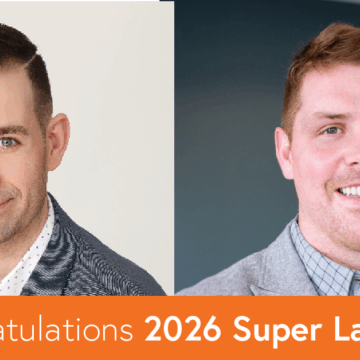Areas of expertise
Patent Law Expertise
Patent law provides inventors with exclusive rights to their creations, fostering an environment where groundbreaking ideas can flourish. This legal framework serves as a catalyst for progress, encouraging inventors to invest time, resources, and creativity in developing novel solutions to real-world problems, with protections against intellectual property theft. Carlile Patchen & Murphy specializes in the counsel of patent law, from the determination of eligibility, the application process, the clearance of patent applications and litigation support of patent infringement claims. Schedule a consultation with one of our intellectual property attorneys to learn more.

Patent Search and Clearance Buyout for Sellers
The patent attorneys at CPM Law can also help with the validation of your patent idea. To meet the patent application criteria, your patented idea must be unique, and our team of patent legal experts can perform the due diligence required to validate your patent as a one-of-a-kind idea that will sail through the application process. The search process also involves discovery of other patents that may be similar and identifying unique aspects of your idea.
Patent Application Submission
A patent application is a significant investment, and there are many potential pitfalls for the unwary. However, while navigating the patent application process may sound daunting, it helps to have trusted legal counsel on your side. CPM can help you start the application process and advise you on any gaps that may affect the approval of your patent application.
Patent Litigation Support
Once you secure your patent, it is important to protect your patent from infringement. Our patent attorneys will vigorously defend your patent against parties that attempt to use your patented idea without your permission. Our patent litigation team has the experience to pursue legal remedies for infringement and keep your patented material safe within the framework of your approved patent.
Types of Patents
+Utility Patents
The most common type of patent covers processes, machines, articles of manufacture, physical or chemical compositions of matter, or any unique and valuable improvements. A utility patent is valid for twenty years from the filing date of the patent application.
+Design Patents
A design patent protects the cosmetic features of a creation, whether it is a physical object or a graphical user interface on a computer display. The design patent is valid for fifteen years from the date of grant of the registered patent.
+Plant Patents
A plant patent protects a distinctive asexually reproduced type of plant. The plant patent is valid for twenty years from the application’s filing date.
+Provisional Patents
A provisional patent application acts as a placeholder for a utility application – it is a scaled-back application that grants a filing date and provides one year to complete a full non-provisional utility application. This allows time to determine marketability and seek licensing agreements before investing entirely into the patent process. However, a provisional application does not lead directly to a granted patent, and if a non-provisional application is not filed within one year, the provisional will expire.
+International Patents
Inventors may protect their inventions overseas in two ways: First, applicants can file directly in a foreign patent office. In most cases, if it is filed within one year of a corresponding US application, the foreign application will be treated as if it was filed the same day as the US application. Second, applicants can file what is known as an international or “PCT” application, which is placed on record at the World Intellectual Property Office in Geneva, Switzerland. International applications do not lead directly to granted patents, but they provide a streamlined procedure that makes it easier and cheaper to file applications in multiple foreign countries.
Rely on CPM for Patent Law Counsel
If you have an idea that is ready for a patent or have an existing patent that is under threat of infringement, contact our office today. Our attorneys can guide you through the application process and aggressively represent your interests. Call our office today to request a patent law consultation.
How can we help you today?
Give us a call or send a message with any inquiries and legal questions.
© Copyright 2022 – Carlile Patchen & Murphy LLP | Terms and Conditions | XML Sitemap







